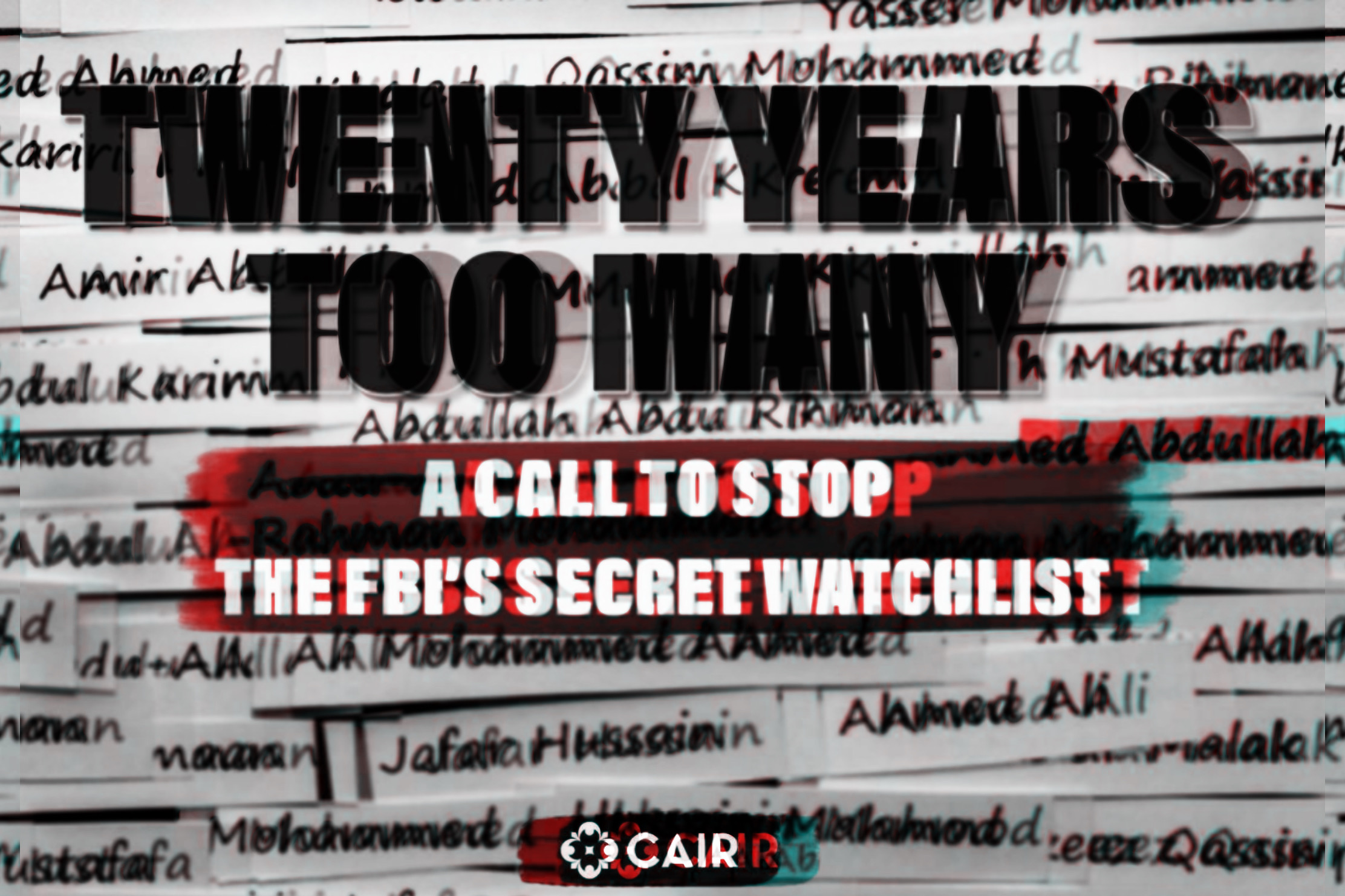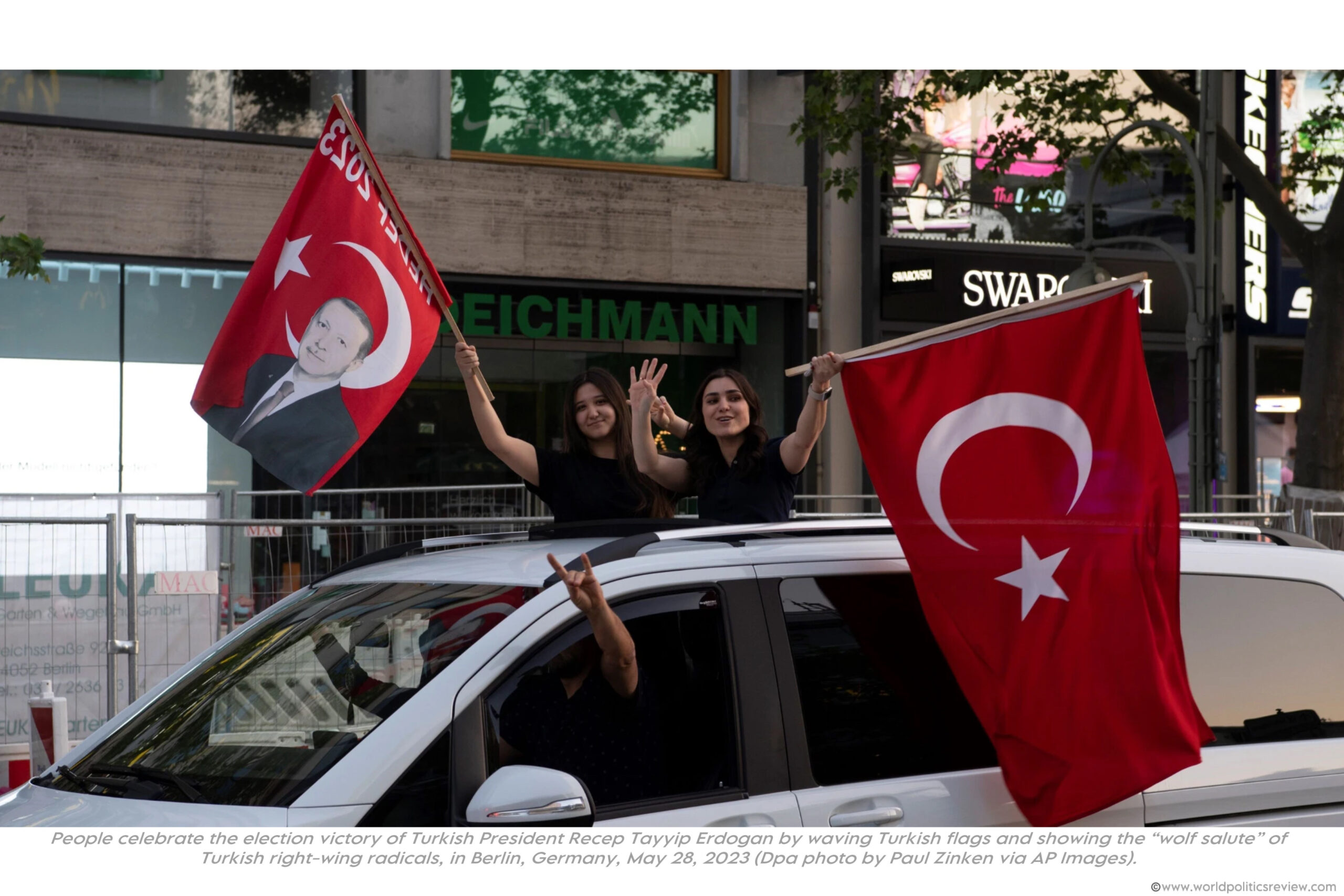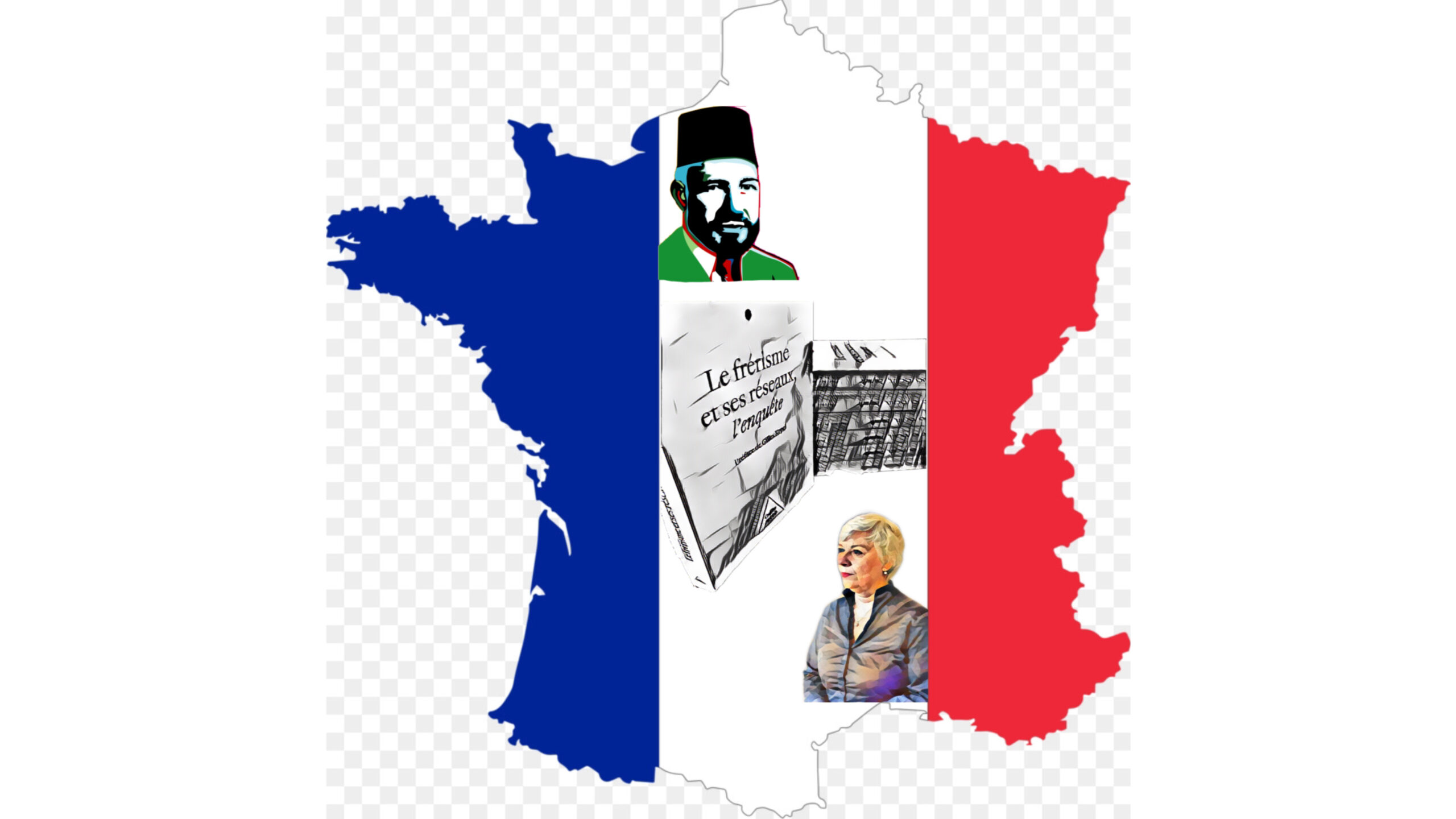(by Lorenzo Vidino, an analyst at the Investigative Project and the Jebsen Center at Tufts University’s Fletcher School of Law and Diplomacy, is author of “Al Qaeda in Europe.”) As the United States battles insurgents in Iraq and Afghanistan while fearing the next terrorist attack on our shores, it has become apparent that the solution to the struggle against radical Islam is neither military nor diplomatic, but rather, ideological. Only by tackling the ideology that motivates potential jihadis from Baghdad to London can the United States hope to win what will undoubtedly be a generational conflict. During the Cold War the West supported various pro-democracy and anti-Communist voices throughout the world, and the same can be done today. Why not empower moderates within the Muslim world? Why not intervene in what is often defined as a civil war for the soul of Islam in support of those who espouse positions that are compatible with our national interest? A recent report published by the RAND Corporation suggests that is the strategy we should adopt. The report states that Saudi financial support has promoted “the growth of religious extremism throughout the Muslim world,” and that more moderate voices have been often overshadowed given their relative lack of financial backing. Only by correcting this resource imbalance can we defeat extremists. And even though they have been often overlooked, the potential partners throughout the world abound. In some cases the ideal solution is to revamp traditional forms of Islam that over the last few decades have suffered the aggressive competition of Saudi-sponsored Wahhabism. From Central Asia to Morocco, from Indonesia to Somalia, Sufi Islam has traditionally influenced hundreds of millions of Muslims with its mystical, moderate, and tolerant message. Today various organizations such as the Carolina-based Libforall Foundation or the Michigan-based Islamic Supreme Council of America are helping spread the thought of progressive Sufi thinkers through a network that reaches many countries in the Muslim world. But also within Sunni Islam many progressive voices can be heard. Naser Khader, a Syrian-born member of the Danish Parliament, has become one of Europe’s best known Muslim leaders, thanks to his organization’s pro-integration message and grassroots activism. In the wake of the cartoon crisis, Khader created the Democratic Muslims Network, which aims to combat radicalization among young Danish Muslims with concrete efforts. Last year, he organized a job fair through which hundreds of young Muslims were hired by Danish companies, a remarkable achievement considering the levels of unemployment – and consequent disenfranchisement – that plague European Muslims. At the same time, his organization attempts to overcome various difficulties, including constant death threats, and spread its pro-democracy message, which is epitomized in the “Ten Commandments of Democracy,” a document all members must sign. Khader, who has the word “democracy” in Arabic tattooed on his arm, considers the first of the commandments the most important: “We must all separate politics and religion, and we must never place religion above the laws of democracy.” The push for change is not limited to staunch secularists like Khader. There are also more traditionalist voices calling for a modern and moderate interpretation of Islam. Soheib Bencheikh is a Saudi-born cleric who studied Islamic theology at the Al-Azhar University in Cairo and then moved to France, where he became the mufti of Marseilles. Bencheikh, whose religious credentials dwarf those of most Islamists, calls for a reinterpretation of Islamic texts that is loyal to their letter but is in line with today’s world. “Religious teachings were developed and formulated between the eighth and 12th centuries, and have not undergone any reform or updating since that time,” says Bencheikh, “[Muslims today] experience a dangerous discrepancy between their status as citizens and their status as believers.” Throughout the Muslim world many courageous intellectuals, clerics, and activists are struggling to make their message heard, campaigning for the diffusion of the values of tolerance and democracy within Islamic societies and among Muslims in the West. They preach a reformation through which Muslims, while remaining loyal to its key tenets, would be able to reconcile Islam with modern life. Yet moderate voices, while still representing the majority of the Muslim world, are often overshadowed by aggressive and well-organized radicals. It is in the West’s best interest to support these voices of reason, as they represent the best antidote to the radical ideology that is generating most of the terrorism and violence throughout the world.
Finding partners in Islam






